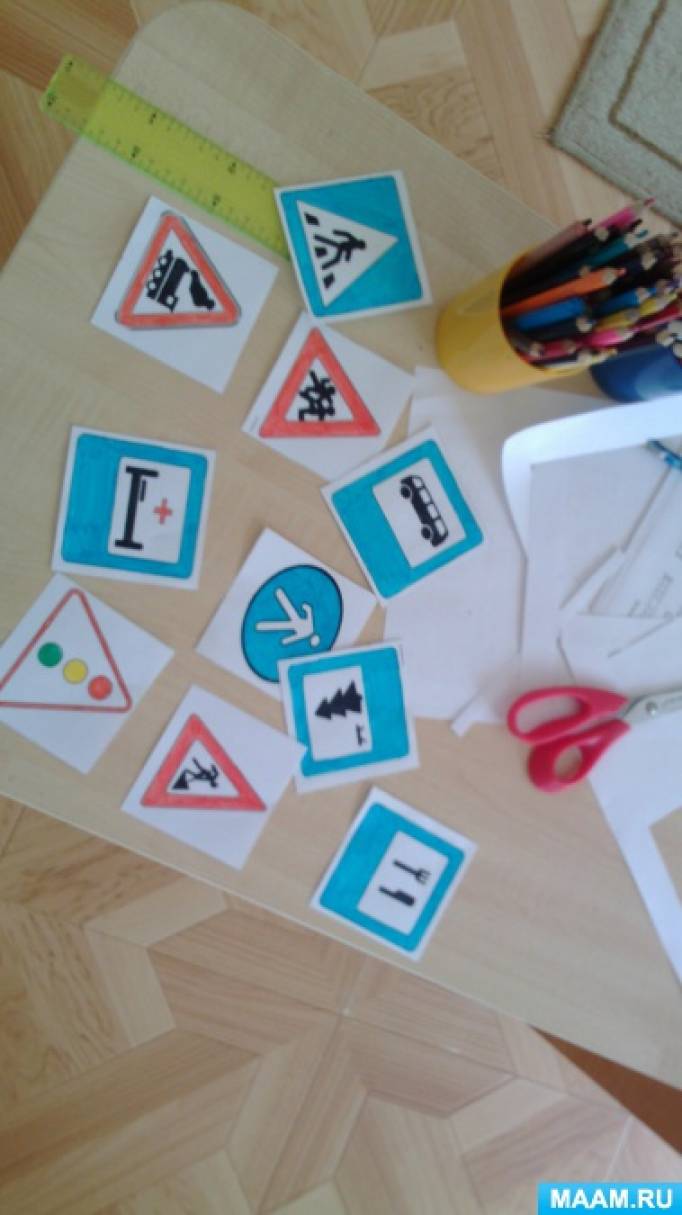
Didakticheskie Igri Po Bezopasnosti Vo Vtoroj Mladshej Gruppe
Select a thesaurus language. You can change the language at any time. Use the first and second tabs on the left and the +/- signs to navigate through the thesaurus.
Reich is Chancellor's Professor of Public Policy at the University of California at Berkeley and Senior Fellow at the Blum Center for Developing Economies. He served as Secretary of Labor in the Clinton administration, for which Time Magazine named him one of the ten most effective cabinet secretaries of the twentieth century. He has written fifteen books, including the best sellers 'Aftershock', 'The Work of Nations,' and'Beyond Outrage,' and, his most recent, 'The Common Good,' which is available in bookstores now.
He is also a founding editor of the American Prospect magazine, chairman of Common Cause, a member of the American Academy of Arts and Sciences, and co-creator of the award-winning documentary, 'Inequality For All.' He's co-creator of the Netflix original documentary 'Saving Capitalism,' which is streaming now. Many believe that poor people deserve to be poor because they’re lazy. As Speaker John Boehner, the poor have a notion that “I really don’t have to work. I don’t really want to do this. I think I’d rather just sit around.” In reality, a large and growing share of the nation’s poor work full time – sometimes sixty or more hours a week – yet still don’t earn enough to lift themselves and their families out of poverty.
It’s also commonly believed, especially among, that the rich deserve their wealth because they work harder than others. In reality, a large and growing portion of the super-rich have never broken a sweat. Their wealth has been handed to them. The rise of these two groups – the working poor and non-working rich – is relatively new. Both are challenging the core American assumptions that people are paid what they’re worth, and work is justly rewarded. Why are these two groups growing? The ranks of the working poor are growing because wages at the bottom have, adjusted for inflation.
With increasing numbers of Americans taking low-paying jobs in retail sales, restaurants, hotels, hospitals, childcare, elder care, and other personal services, the pay of the bottom fifth is falling closer to the minimum wage. At the same time, the real value of the federal is lower today than it was a quarter century ago. In addition, most recipients of public assistance must now work in order to qualify. Bill Clinton’s welfare reform of 1996 pushed the poor off welfare and into work. Meanwhile, the Earned Income Tax Credit, a wage subsidy, has emerged as the nation’s largest anti-poverty program.
Here, too, having a job is a prerequisite. The new work requirements haven’t reduced the number or percentage of Americans in poverty. They’ve just moved poor people from being unemployed and impoverished to being employed and impoverished. Descargar drivers enfora edg1228 1. While poverty declined in the early years of welfare reform when the economy boomed and jobs were plentiful, it began growing in 2000. By 2012 it, when welfare ended.
At the same time, the ranks of the non-working rich have been swelling. America’s legendary “self-made” men and women are fast being replaced by wealthy heirs. Six of today’s ten wealthiest Americans are heirs to prominent fortunes.

The Walmart heirs alone have more wealth than the bottom of Americans combined. Americans who became enormously wealthy over the last three decades are now busily transferring that wealth to their children and grand children. The nation is on the cusp of the largest inter-generational transfer of wealth in history. A from the Boston College Center on Wealth and Philanthropy projects a total of $59 trillion passed down to heirs between 2007 and 2061.